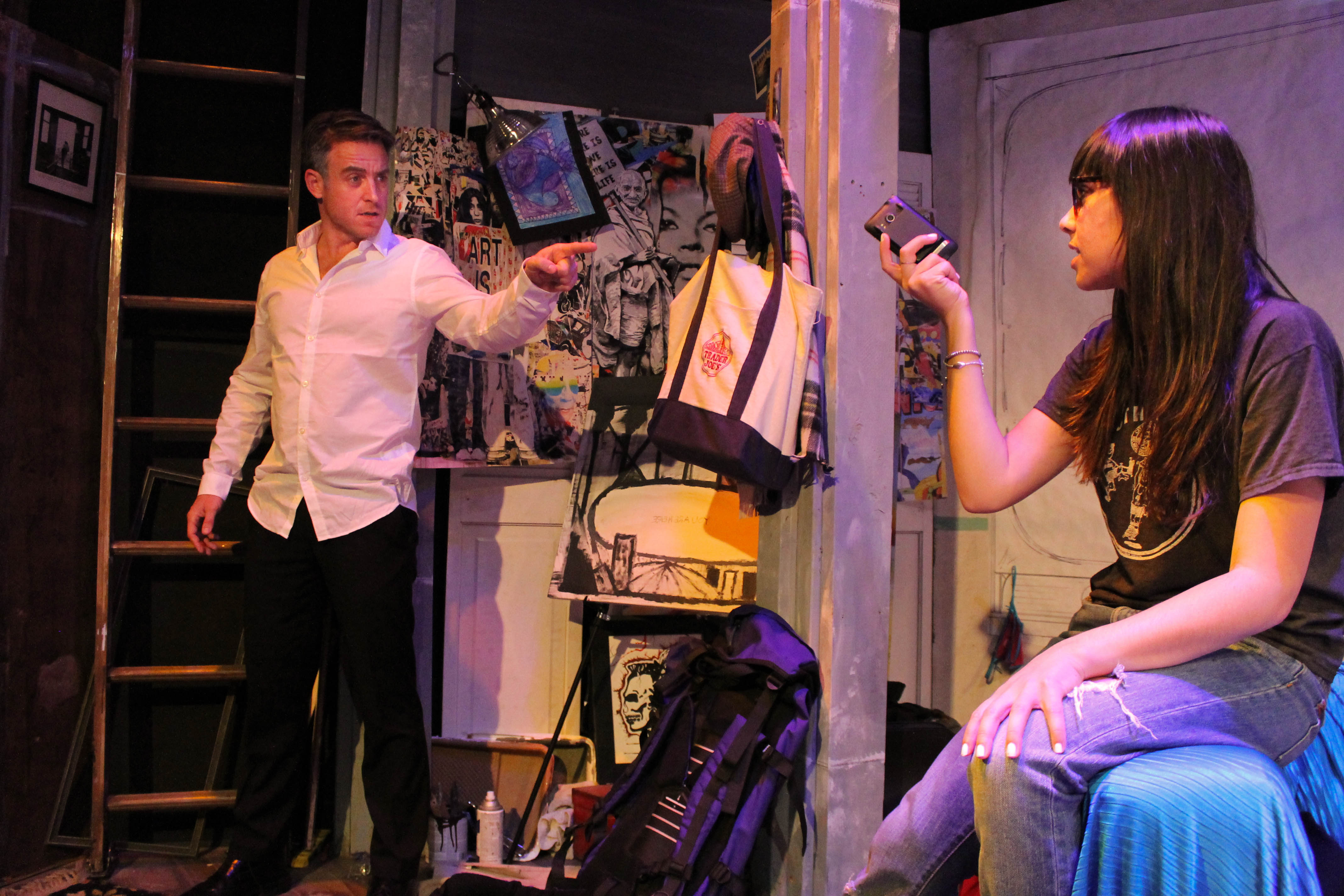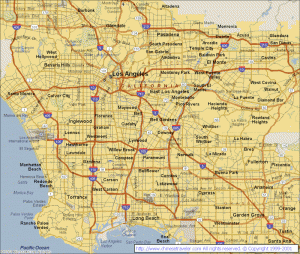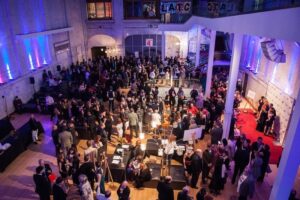On Transparency and the Fourth Wall
by Zayd Dohrn
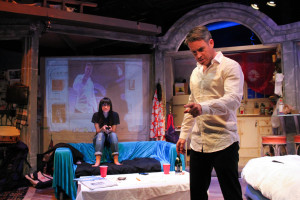
My new play, Muckrakers (now playing at the Art of Acting Studio, 1017 N. Orange Drive in Hollywood), is set in a private space (a bedroom in a tiny Brooklyn apartment) and depicts an intimate encounter (a one-night stand) between a fugitive European journalist and a young American activist. The two spend a long night drinking, fighting, having sex, and exposing one another’s dangerous and damaging secrets. And while the fourth wall between audience and stage remains unbroken, the transparency of that separation between public and private is in fact the central concern of the play.
I’m always drawn to stories that link the personal and the political. The theater is a perfect place for those stories because it, more than any other literary form, is built for the collision of the private and the public. Unlike a novel or a poem, which can be consumed in solitude, a performance of a play (even one designed for a single performer and single audience member) is always an interaction, both a personal expression and a social event, joining the private (a writer’s imagination) with the public (an audience’s experience) through the convention of that transparent fourth wall.
Transparency, of course, also happens to be one of the great professed ideals of the 21st century, championed by the 1% and the 99% alike. On his first day of office in 2009, President Obama famously declared that “government should be transparent,” and, vowing an end to Bush-era secrecy, pledged that his administration would be “committed to creating an unprecedented level of openness in government.” A few years later, the General Assembly of Occupy Wall Street resolved that “Without accountability and transparency, the will of the people has no meaning,” and Google CEO Eric Schmidt managed to unite Silicon Valley utopianism and Big Brother paranoia in a single interview, arguing for “true transparency and no anonymity,” while suggesting that “If you have something that you don’t want anyone to know, maybe you shouldn’t be doing it in the first place.”
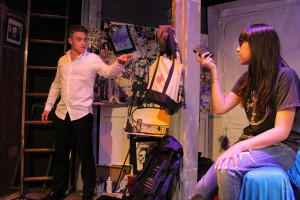
The idea that increased visibility can cure our social ills is nothing new. In Ancient Greece, Diogenes the Cynic chose to live in the open marketplace, eating, sleeping, and masturbating in public to draw attention to the hypocrisy of Athenian society. During the French Renaissance, Michel de Montaigne urged the virtuous man to build his home entirely out of glass, forcing him to reconcile his private life and public image. And in the late 18th Century, British social reformer (and designer of the Panopticon) Jeremy Bentham argued that both “transparency and surveillance are a positive way of making all things present in order to generate understanding and make life better for all.”
But transparency works both ways; in the era of Twitter and blogs, of selfies and sex tapes, many of us have made a conscious choice to share, and over-share, the details of our private lives. And while governments and corporations strive to create what Julian Assange foresees as a “postmodern surveillance dystopia,” their efforts are increasingly complicated and undermined by new forms of counter-surveillance or sousveillance — watching from below — by hackers, leakers, whistleblowers, and ordinary people who document and share what they see with the world. Increased transparency, in other words, has led us not just to NSA wiretaps and surveillance drones, but to Wikileaks,
Enter Edward Snowden, Anthony Weiner, and the Arab Spring.
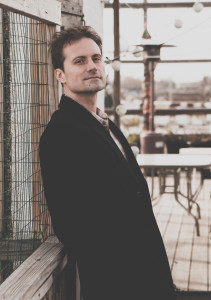
I wrote Muckrakers during the aftermath of the uproar created by Wikileaks’s disclosure of classified State Department cables, and since then, the trends I wanted to explore in the play have only accelerated; by the time Muckrakers was produced a year later (at Barrington Stage [in western Massachusetts] in 2013), the premiere coincided exactly with Snowden’s revelations about NSA wiretapping and another round of media self-examination about the role of transparency in public and private life.
So Muckrakers was written, and takes place, at a moment when our most basic assumptions about openness and privacy are being challenged. The characters in the play are, like the man in Montaigne’s glass house, exposed to the public eye. They can never assume, even within their own homes and intimate relationships, that they will remain unseen. And while they may not know they are onstage, by the end of the play, the characters are forced to confront the fact that they are living inside walls that have become suddenly, frighteningly, transparent. And so they grapple with the same basic questions we all now face: Is there a virtue in concealment? Any moral or societal drawbacks to constant visibility? And what have we sacrificed, as individuals and as a society, in the name of greater and greater transparency?
Zayd Dohrn’s plays plays have recently been presented by Manhattan Theatre Club, Berkshire Theatre Festival, MCC, Marin Theatre Company, The Public (SPF), Naked Angels, South Coast Rep, The Vineyard, Southern Rep, Kitchen Dog, The Lark, and New York Theatre Workshop. An LA premiere production of his play Reborning will open at the Fountain Theater in August. He is currently writing screenplays for American Film Company and Vox3 Films. Mr. Dohrn is the son of the former Weather Underground leaders Bill Ayers, now an education professor at the University of Illinois at Chicago, and Bernardine Dohrn.
Muckrakers is being performed at the Art of Acting Studio, 1017 N. Orange Drive in Hollywood through July 2. Read Martin Hernandez’s Stage Raw review.
